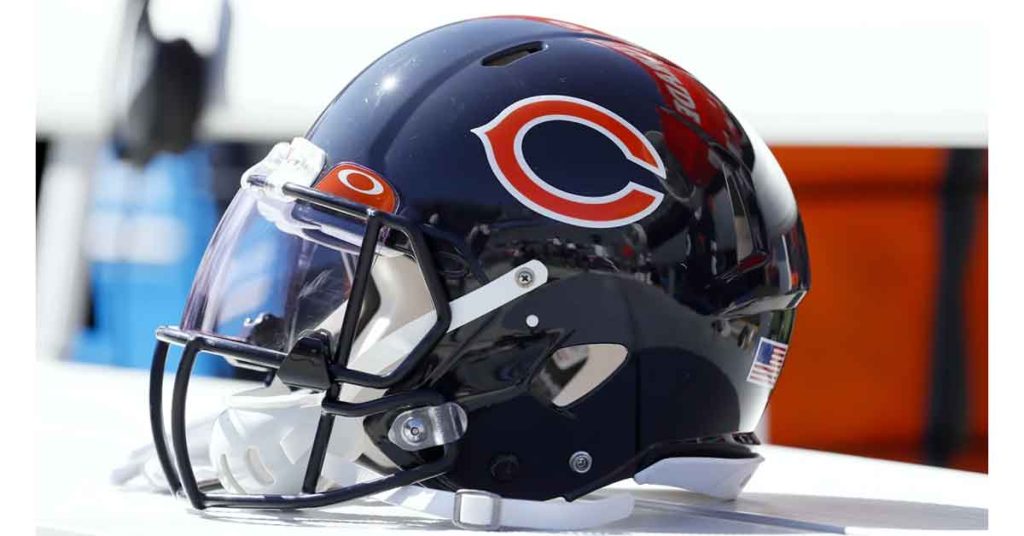Notre Dame's Everett Golson takes on the H-word.
by Ben Smith
He arrives at 7:20 in the evening, fashionably but consistently late. Practice is a distant memory, 65 minutes in the rearview. Every other football player made available by Notre Dame has made an appearance, and some came and went long ago.
But Everett Golson will not be rushed.
He will not come out until he's ready, until he's showered and dressed, until the gray Notre Dame football T-shirt he wears hangs just-so for the cameras. Preparation, you see, is everything.
That's one reason he'll be fielding Heisman Trophy questions again this night.
And that's one thing, the biggest thing, his self-inflicted year in purgatory taught him.
The H-word comes up all the time now.

quarterback Everett Golson can’t
escape the question.
That will happen when you're the quarterback at Notre Dame and you've gotten off to the kind of start Everett Golson has, which is pretty much jet propelled. In Notre Dame's first three games, all victories, Golson accounted for 11 of the 13 Irish touchdowns. He threw seven touchdown passes, to four different receivers, and zero interceptions.
Under his guidance, the Irish offense scored 14 of 14 times in the red zone (i.e., inside the opponents' 20-yard line), with 10 touchdowns.
So of course the H-word, the Heisman-word, will come.
“I think it's something that's out there,” he says. “So you can't block it out. You can't hide from it. You've got to put it in perspective.
“I understand that. So I just focus on what I can control on the field because I think that's what has to come first, and everything else will follow after.”
Controlling what he can control is not a new concept for Golson, but perhaps a newly appreciated one. It's one of the many lessons he learned when, a year after leading Notre Dame to an undefeated regular season and the national championship game, he was suspended from school for the fall term last year for what was characterized as “poor academic judgment.”
Whatever lessons there were to be taken from that, they took. Shortly after his return to the school and the football program, the Notre Dame coaching staff realized they had a different player on their hands.
“He doesn't come in not ready to go,” head coach Brian Kelly says of him now. “He's obviously managing his time so much better–you know, just, I think, the attention to living a more organized and detailed lifestyle.
“(Before) he was a young kid, staying up late, once in awhile he'd come in maybe five minutes late … now he's the first one in, he's the last one to leave. That takes maturity. That takes a decision that you're gonna be someone others can count on.”
And they do.
“He's a great quarterback,” says Corey Robinson, a sophomore wide receiver out of San Antonio, Texas. “All we've got to do is run the route and we know he's gonna put it in a great spot every time.”
That speaks not to just hours of offseason work with his receivers–most of them unfamiliar, as only Chris Brown had caught a pass from Golson coming into this season–but to an attention to detail that perhaps is different than it was. Although Golson always spent time in the film room, it's time better spent now.
“My mental state hasn't changed as far as my work ethic,” he says. “I think that was part of my character. I think what matured about me, and where I grew, was seeing different things and actually taking time to understand.
“I think it was always there as part of my character as far as work ethic and things like that. But I didn't understand it as much as I do now.”
It freed him to do what he does best, which is freelance when a play breaks down. “I think that's just part of me,” he says. At the same time, better recognition of what he was seeing out there has made him more efficient when he does go into wing-it mode.
“I don't have to do anything extraordinary,” Robinson says. “I don't have to be incredible, I don't have to have to be Superman out there. All I've got to do is run the route the way that it's coached and I know Everett will put it there.
“That's the beauty of playing with Everett.”



